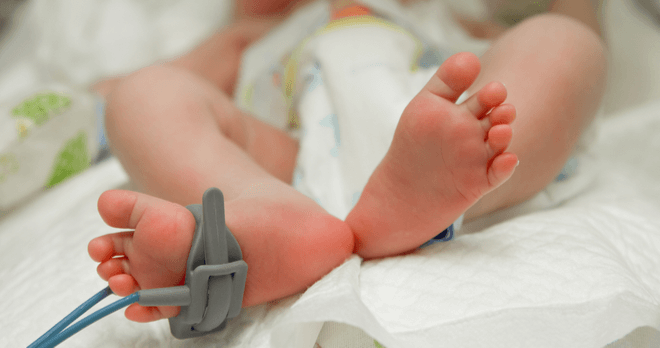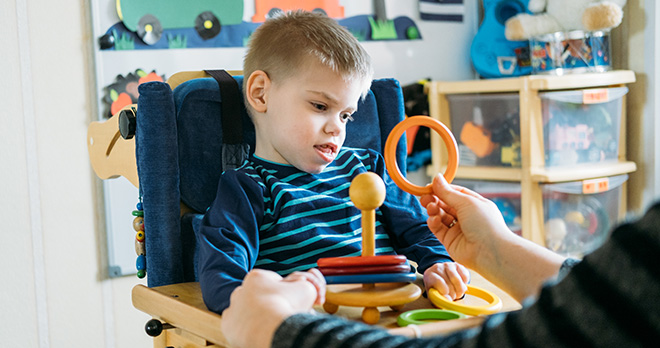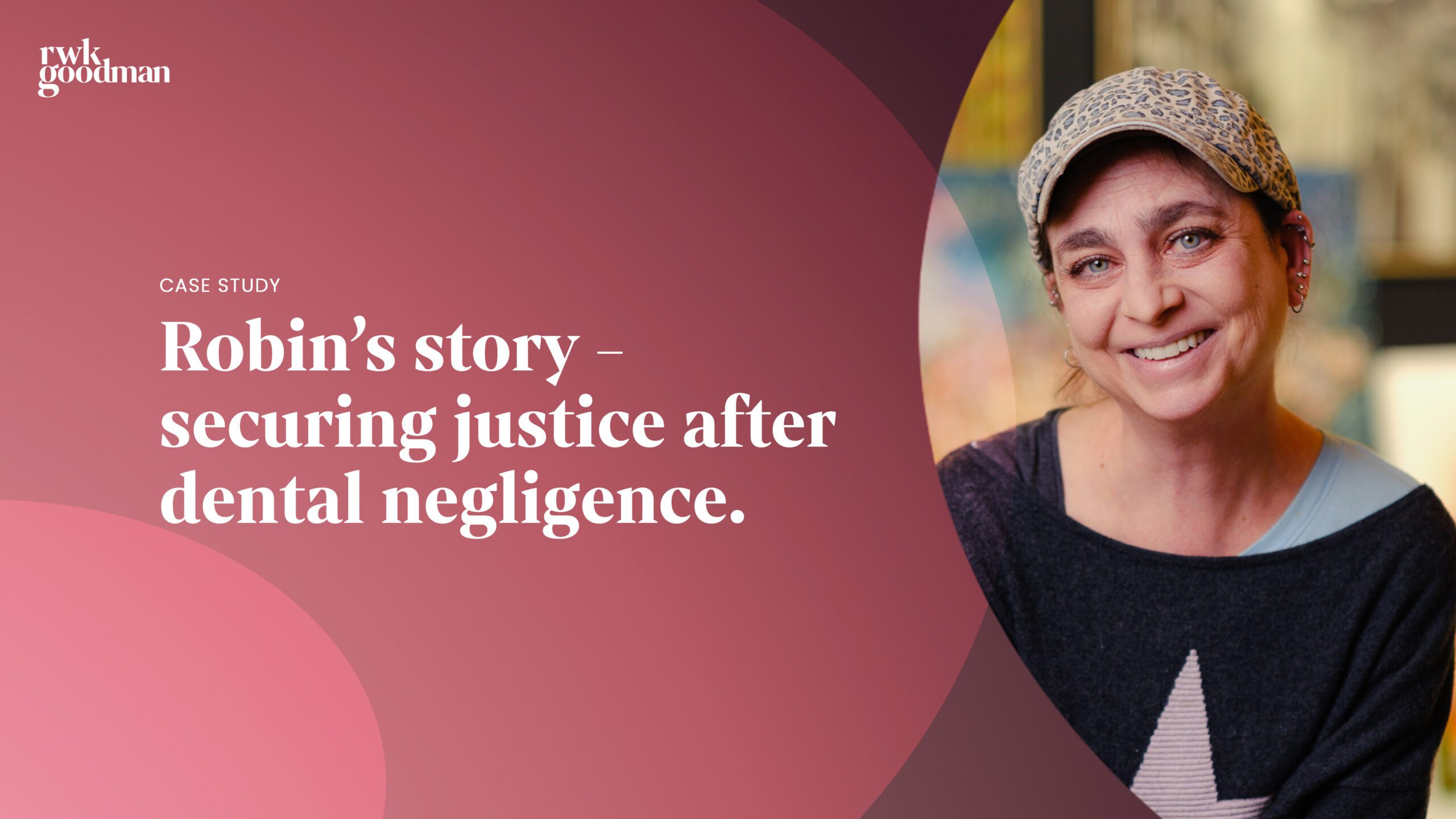HSIB Maternity Investigations have been replaced by the Maternity and Newborn Safety Investigations (MNSI) programme

What is the Maternity and Newborn Safety Investigations (MNSI) programme?
A new statutory body, The Maternity and Newborn Safety Investigations (MNSI) programme is formed from 1 October 2023, to undertake investigations into brain injuries in babies and maternal and neonatal deaths and stillbirths. This programme is hosted by the Care Quality Commission (CQC), having replaced the temporary role of the HSSIB (Health Services Safety Investigations Body).
In February 2022 I prepared a blog to explain the proposed changes to the Healthcare Safety Investigation Branch (HSIB) system which investigated certain adverse outcomes for brain injured babies at birth and deaths of mothers and babies during pregnancy, birth or the early neonatal period: Healthcare Safety Investigation Branch (HSIB) maternity investigations will now be conducted by a new Special Health Authority (SHA) – what does this mean for patient safety? | RWK Goodman
From 1 October 2023 the body responsible for maternity and newborn investigations is now known as the Maternity and Newborn Safety Investigations (MNSI) programme and is hosted by the Care Quality Commission (CQC).
This is because the Health and Care Act 2022 does not make provision for maternity investigations under HSSIB and it needs to be managed and run separately. The Department of Health and Social Care (DHSC) decided that the most appropriate and streamlined way to deliver valued and independent maternity investigations was for the function to be hosted within CQC. The CQC state that: “This move will enable high-quality, independent, family focused maternity investigations to continue. There will be no change to operations or workforce and there will be no interruption to ongoing investigations.”
The criteria for referral under the MNSI remains largely the same as before and includes:
- The baby is born following a labour AND after 37 weeks gestation AND where the outcome is:
- The baby dies during labour and before birth (intrapartum stillbirth); or
- The baby born alive and dies in the first week (0-6 days) of life (early neonatal death); or
- The baby is born with a potential severe brain injury diagnosed as occurring in the first 7 days of life.
The CQC state that the purpose of MNSI remains the same:
- to provide independent, standardised, and family focused investigations of maternity cases for families
- to provide learning to the health system through reports at local, regional, and national level
- to analyse data to identify key trends and provide system-wide learning
- to be a system expert in standards for maternity investigations
- to collaborate with system partners to escalate safety concerns.
There is no change to how hospital trust maternity services in England refer incidents or concerns to the MNSI team. And each hospital trust will continue to have a named contact within the MNSI team.
CQC Chief Executive, Ian Trenholm said:
“The move to CQC will enable high-quality independent family focused maternity investigations to continue with the benefit of support from a larger organisation like CQC. Together with our MNSI colleagues, we are committed to providing learning to support families and the health and care workforce, contributing to the collective effort by providers and partner organisations in delivering a consistently safe maternity experience for everyone.”
Sandy Lewis, Associate Director of Maternity Investigations, who will lead MNSI said:
“This is a great opportunity to build on the work that we have already done, that helps to make maternity care safer for families and colleagues.
“The move to CQC provides a great platform to collaborate, share and disseminate best practice and learnings. I’d like to provide assurance to our families and colleagues that we will continue our work and maintain the independence of maternity investigations in the NHS.”
THE MNSI:
The new website for the MNSI can be found here: Home (mnsi.org.uk). The website contains information for both families and professionals. There is not, at present, any signposting on the website for families to independent legal advice charities, such as AvMA (Action Against Medical Accidents). It is hoped that AvMA will be involved, along with other charities from the Maternal Voices Group (Maternity Voices Advisory Group – NHS Resolution), in preparing letters and literature to be sent out to families from the MNSI and the ENS (Early Notification Scheme (Early notification scheme – NHS Resolution).
It is important for families to note that:-
- You need to give your consent for an MNSI investigation to take place, the process of which will commence very early on after the incident has occurred.
- If you consent to the MNSI investigation all relevant medical records relating to Mother and Child will be automatically sent by the Hospital Trust to the MNSI investigators.
- That the investigation should be completed within around 6 months and you should be consulted and kept informed throughout the process.
- The MNSI report will be anonymous and will not identify either the family or the Trust.
- That once the report is completed it will automatically be sent to the Litigation arm of the NHS, The Early Notification Scheme. You should be notified and written to directly to the ENS to advise you if they intend to investigate matters further with regards to the NHS making potential admissions of liability and offers of compensation.
- Therefore the MNSI investigation does form part of a triage system for a clinical negligence claim. It is for this reason we advise it is important to receive independent legal advice and support from the outset.
- If the ENS lawyers decide to investigate any potential claim (they may be advised by their internal clinical staff that there are insufficient grounds to do so) then they will instruct their own independent medical experts and hold a summit meeting with their experts and a barrister. They will then send, after 18 months (or likely longer) a Notification Letter, summarising their position and what they feel the outcome to their investigations has been.
- For more information on the ENS system please read here: Guide to the Early Notification Scheme (ENS) and Maternity and Newborn Safety Investigations (MNSI) | RWK Goodman
Conclusions:
Never have NHS Maternity services been under such public scrutiny and condemnation as they have been over recent years. The maternity scandals revealed at Shropshire, Nottingham and Shrewsbury and Telford have been truly upsetting and rocked confidence in the perception of the safety for women and babies in our maternity units.
The findings of the Ockenden Review of maternity services at Shrewsbury and Telford NHS Trust demonstrated, as a key factor, that there was a failure by the Trust and its staff to follow clinical guidelines and a failure to investigate and learn from its mistakes. In addition, the Trust failed to listen to mothers and their concerns and stories; these voices must be heard.
This must surely be the primary purpose MNSI reports and systems seek to resolve. For MNSI reports to have any purpose beyond triaging clinical claims, they must very carefully listen to families, produce high quality reports and annually review all reports, collate themes and key learning points and share those findings to be easily accessed by Trusts and clinical staff throughout the UK. Training programmes should be reviewed and improved on review of lessons learned from MNSI reporting.
Read more from around RWK Goodman
View more articles related to Birth Injury, Cerebral palsy, Erb's palsy, Group B Strep, Injury and Maternal injury






